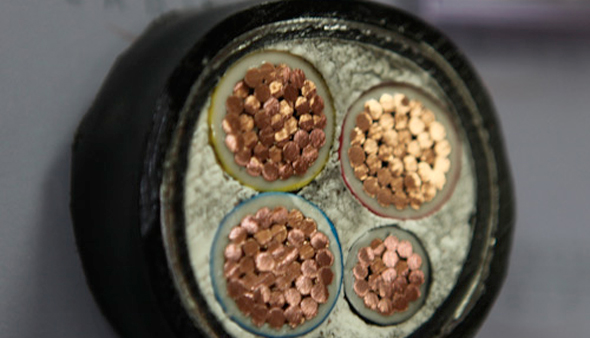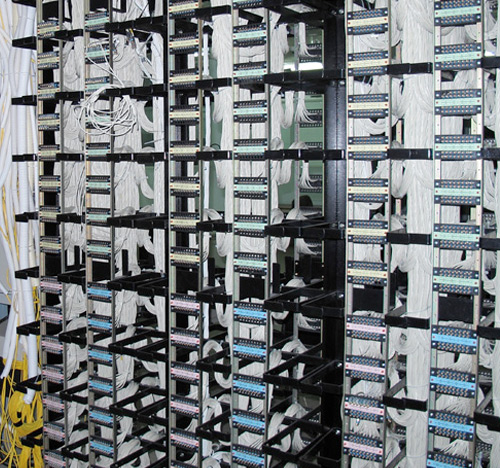Newroz Telecom is Building a High-Speed Broadband ADSL Network in Erbil and Dohuk
Newroz Telecom is building a high-speed broadband ADSL network in Erbil and Dohuk and laying more than 1,500 kilometers of fiber-optic cable, according to the Newroz Telecom website.

Hight-Speed Broadband ADSL
Allai Newroz Telecom, the largest Internet Service Provider in Iraq and Kurdistan, is expanding its regional network.
Newroz Telecom is building a high-speed broadband ADSL network in Erbil and Dohuk and laying more than 1,500 kilometers of fiber-optic cable, according to the Newroz Telecom website. The site said Newroz is also planning to make Kurdistan the first region in the area to have fiber-optic connections in homes.
“There is a huge opportunity to invest here. We can easily get to 60-70 percent penetration,”
Kawa A. Junad, CEO of Newroz Telecom, said the telecom structure was almost nonexistent before the company intervened in 2005.
“We started to build things that Kurdistan didn’t have,” Junad said. “At the time, the penetration rate of the internet was almost zero so we tried to concentrate on the Internet sector instead of voice. It was very expensive and there was no guarantee on the return on investment, but we tried because we always believe in the future. We laid about 3,000 kilometers of fiber, not only covering and connecting the main cities, but also small cities and villages.”
4G LTE wireless communication will soon be available to the region, according to the Ministry of Transport and Communications. 
This growth is in accordance with the history of Newroz, which is known for building the infrastructure of Kurdistan’s Internet. Junad said they raised the Internet penetration rate to 3 or 4 percent and launched a new CDMA in Erbil, Dohuk and Sulaimanya.
Newroz partners with Siemens, Alcatel-Lucent and Turk Telecom, Junad said. These partnerships are fostering Newroz Telecom’s development efforts.
“There is a huge opportunity to invest here. We can easily get to 60-70 percent penetration,” Junad said. “Before when we started in 2003, people were looking for price, and we only had companies from Turkey and Iran and some from China that were interested…If your partner develops, they will develop with you.”